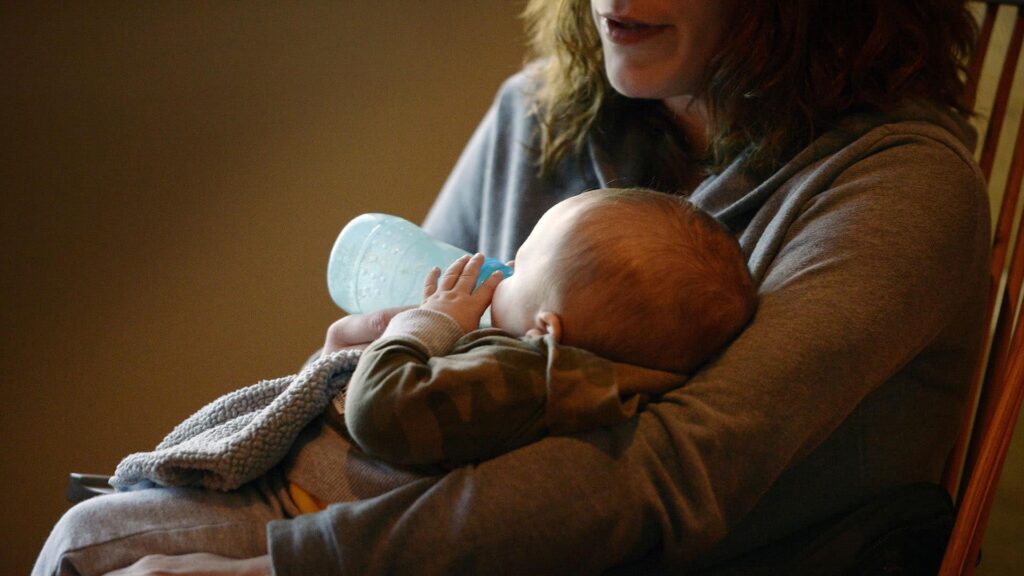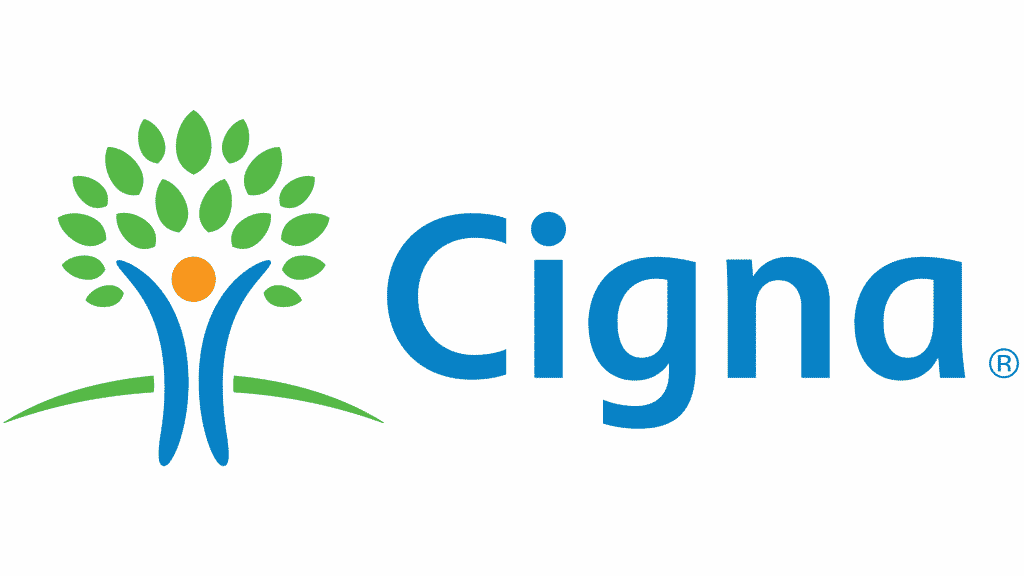Studies show that between 20% and 50% of patients relapse shortly after undergoing some form of treatment for drug or alcohol addiction. Unfortunately, some studies even found that between 50% and 80% of those struggling with certain addictions relapsed in the long term. Unfortunately, relapsing is one of the biggest concerns that individuals have after going through treatment.
To provide patients with the best chances of achieving long-term sobriety, it is important that they have the tools and knowledge needed to resist urges and live happier and healthier lives. One of the best things that patients can do is undergo relapse prevention therapy. This therapy can help patients learn healthy habits and better understand the causes of relapse.
What Is Relapse Prevention?
Relapse prevention is a type of therapy that focuses on identifying the behaviors, reasons, and outcomes of a relapse. This type of treatment provides patients with a better understanding of relapses so that they are able to prepare for them in order to resist the urge and maintain their sobriety. This type of therapy provides patients with the self-confidence and knowledge that they need in order to live a normal and healthy life without fearing that they are going to relapse.
Identifying Common Factors in Relapse
In order to deal with the potential of a relapse in a healthy and constructive way, it is vital to identify common factors and stages that can and often do influence relapses among those struggling with addiction. Being able to properly identify each of the common stages can help you consciously avoid a relapse.
1. Emotional Relapse
This is typically considered the first stage of a relapse. The internal stage of an emotional relapse involves external or internal events that impact your life. Going through change is a major factor that is known to cause stress and overwhelming emotions. Changes and other impacts on your emotions can leave you vulnerable to turning to old ways of coping. Recognizing when you are in a high-risk situation can help you better handle your emotions and make positive decisions in handling them.
2. Mental Relapses
The second factor in a relapse is when a social breakdown occurs, or you experience some loss of structure that impacts your life. In some cases, this stage is often a result of the emotional relapse manifesting in an outward manner. During the mental stages, it is common to think about previous substance use and abuse. You may begin to fantasize and romanticize about their experiences and the perceived positive effects they had.
3. Loss of Control
During this stage, you are likely to lose control of your thoughts. You may experience a loss of judgment by considering actions that are detrimental to your health and well-being or to others. A loss of control on a behavioral level can result in acting irrationally without taking into consideration the possible consequences. During this stage of a relapse, you may think that you have no other options available and begin to feel as if alcohol or drug use is your only outlet.
4. Physical Relapses
It is typically during the final stage of a relapse when the use of drugs or alcohol takes place. This stage is often thought of as a true relapse. However, relapse can occur at any of the aforementioned stages and have a devastating impact on your life. However, relapse therapy can help you identify each of these stages effectively and resist any urges that you may have.
Relapse prevention can help you recognize these common stages and when you may be caught in one. Having this ability can help you resist any urges that could lead to a relapse of drugs or alcohol.
Common Causes of Relapse
Several factors can contribute to a relapse.
Experiencing Withdrawal
Individuals who are withdrawing from substances may experience mental and physical symptoms. In some cases, dealing with the symptoms of withdrawal may be too much to bear, which often leads individuals to turn to substance use to avoid them.
Poor Mental Health
Not being able to cope with various issues can lead individuals to turn to substance use to cope.
Toxic Individuals
Having friends or family members around you who abuse substances can lead to a relapse.
Isolation and Boredom
After going through treatment, you may find that you have a lot of time on your hands. Feeling bored and isolated can lead to a relapse.
Therapy for Relapse Prevention
Relapse prevention therapy is vital for ensuring sobriety. Relapse prevention generally focuses on helping individuals learn healthier habits so that they can deal with their emotions to prevent a relapse.
Learning Trusted Coping Skills
One of the largest parts of relapse prevention is learning coping skills. When faced with a potential relapse, it is imperative that patients are able to identify their triggers. This may be various places, people, thoughts, feelings, or even memories that can trigger a relapse. Identifying triggers and learning how to cope with them can help to ensure that they do not result in you making negative and harmful decisions.
Engaging in Clinical Therapy
Clinical therapy plays a large role in encouraging personal growth of patients. This type of therapy can help individuals gain motivation for their actions. It can help them make healthier decisions and choose behaviors that are more positive. It can help them identify their emotions and thought processes to deal with them in a healthy way.
Making Lifestyle Changes
Lifestyle changes are another important factor when it comes to preventing relapse. Making changes in the work environment, habits, and even surroundings can have a very positive impact on a person’s ability to resist the use of drugs or alcohol. Taking part in healthy hobbies that distract the mind can help fill a void.
Get Relapse Prevention Help in Pulaski, TN
Overcoming addiction is a process that will continue throughout the rest of your life. This makes it essential to have the tools and resources necessary to ensure your ongoing success. For this reason, our team at Magnolia Ranch Recovery offers trusted and effective relapse prevention treatment in Pulaski, TN. Our trained professionals will help you better understand your addiction and how you can resist urges with positive life choices. To get started, contact our team today at 888-992-7955 to verify your insurance.


















